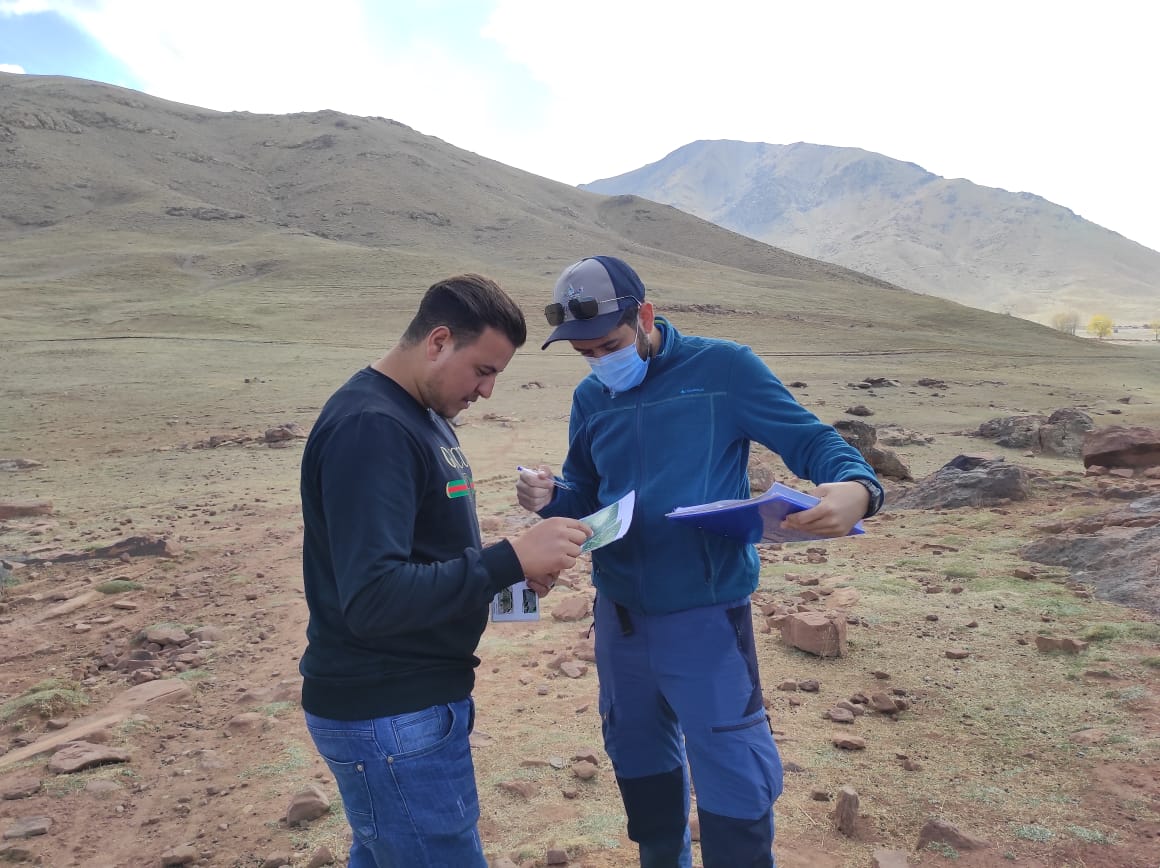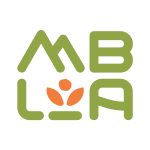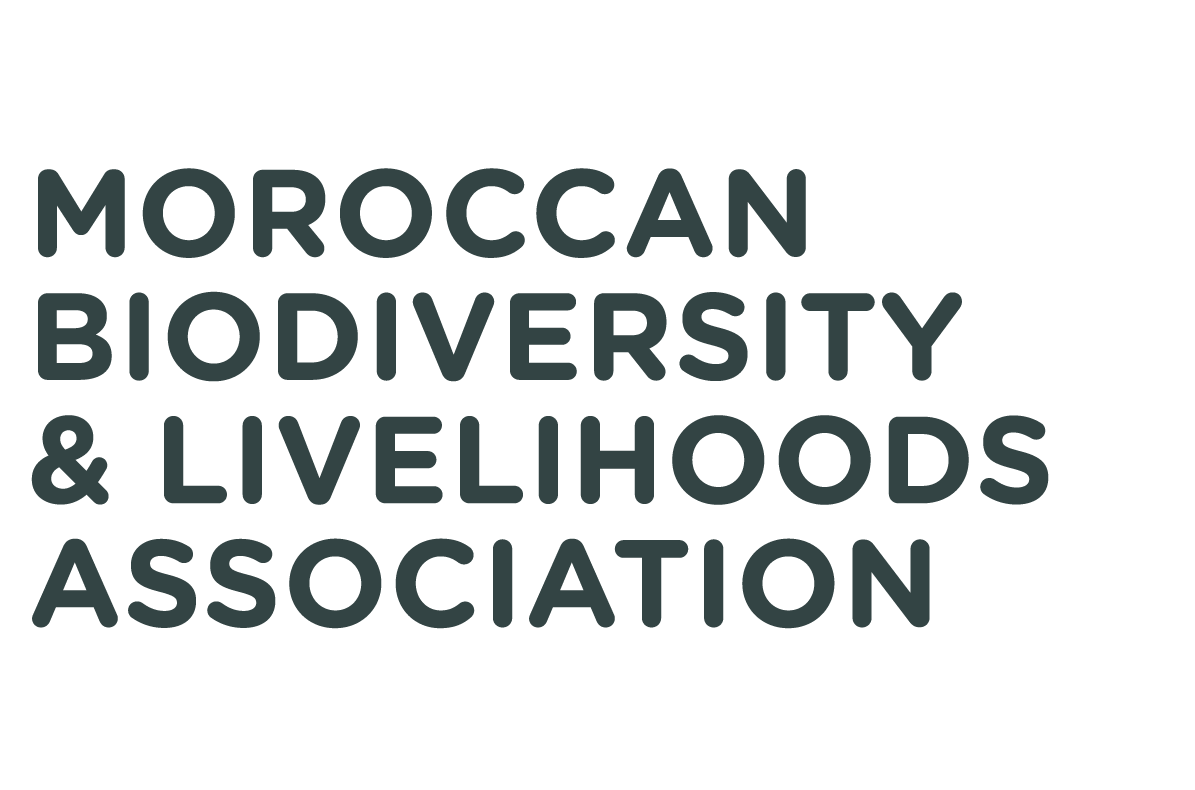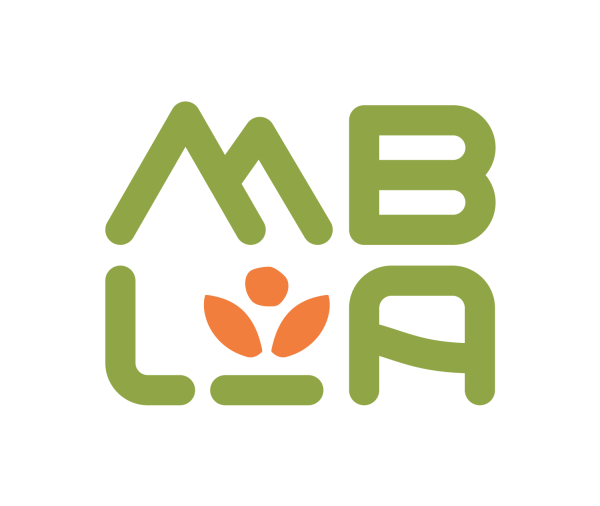By Abdellah Aghraz, Rachid Ait Babahmad, Omar Saadani Hassani and Pommelien da Silva Cosme
The COVID-19 pandemic has affected people and places all around the world. In Morocco, one of the major challenges our team has faced is travel restrictions on a national level, which forced us to postpone many community events. However, things are looking up and we have learned to adapt to the situation.
In order to adapt to the current situation, we decided to develop an intensive capacity-building programme for our community researchers. We are training them in data collection, such as natural and social science survey implementation, and workshop facilitation, amongst others. This ensures that programme activities continue even if our Marrakech-based team is unable to travel to the High Atlas. At the same time, this approach provides an excellent opportunity for these team members to learn new skills and techniques.
At the end of October, our team kick-started this process with an in-the-field training for Community Researchers Hassan, Touda and Youssef on ecological monitoring techniques in Igourdane and Oukaïmeden. “I learned so much during this two-day training, including names of plant and butterfly species I didn’t know before and methods on how to recognise and identify them”, Community Researcher Youssef from Oukaïmeden says. Twice a year, we document and collect data on plant and butterfly populations and assess soil quality in the High Atlas communities where we work. This process helps us to understand the impact of environmental challenges on biodiversity and to develop targeted actions to maintain ecosystem health.
“Training our community researchers in more complex field data collection is not only a way to respond to the current travel restrictions related to COVID-19, but also an opportunity to gradually strengthen their skills as key members of our team,” Project and Field Coordinator Abdellah says.
The results from the ecological monitoring carried out by our newly-trained community researchers show that species diversity, soil quality and plant vegetation cover is much higher in the agdal seasonal enclosures in commonly managed pasture lands than in artificial control sites. The data suggests that agdals have an important role to play in maintaining and promoting plant, butterfly and soil diversity as well as protecting diverse habitats and ecosystems.
Thanks to the support of the MAVA Foundation, we are implementing an intensive capacity building programme for our community researchers. During the next few months, we will continue organising training sessions on the collection of socio-economic data through surveys and the facilitation of focus groups and workshops. Stay tuned for more updates!

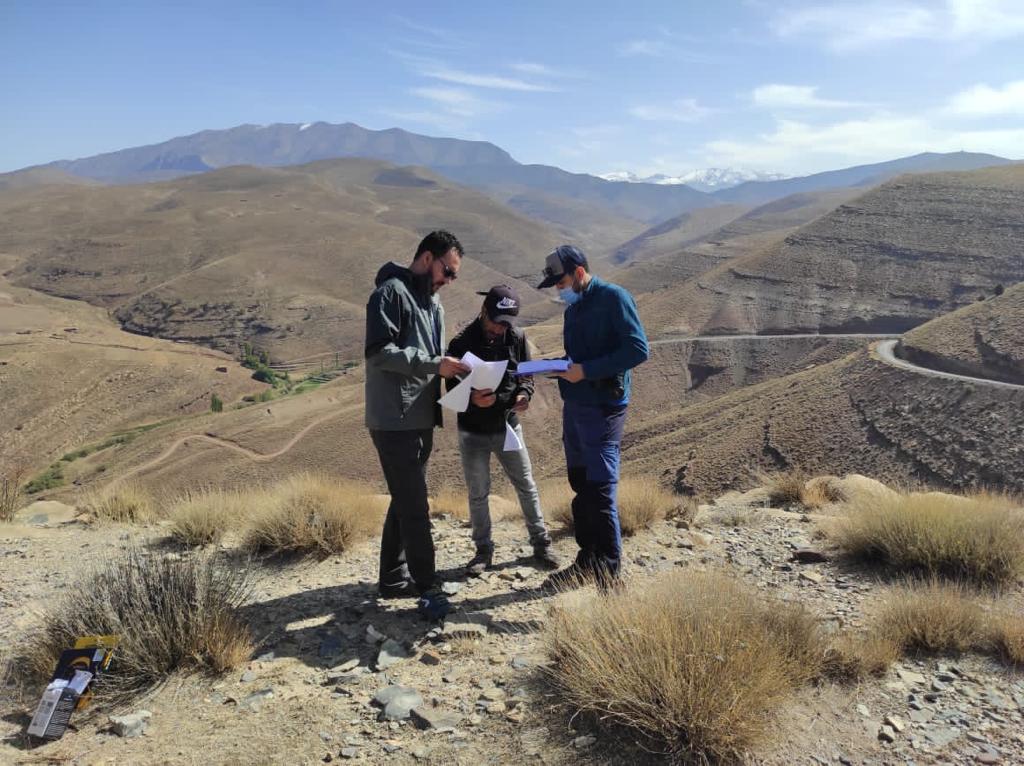
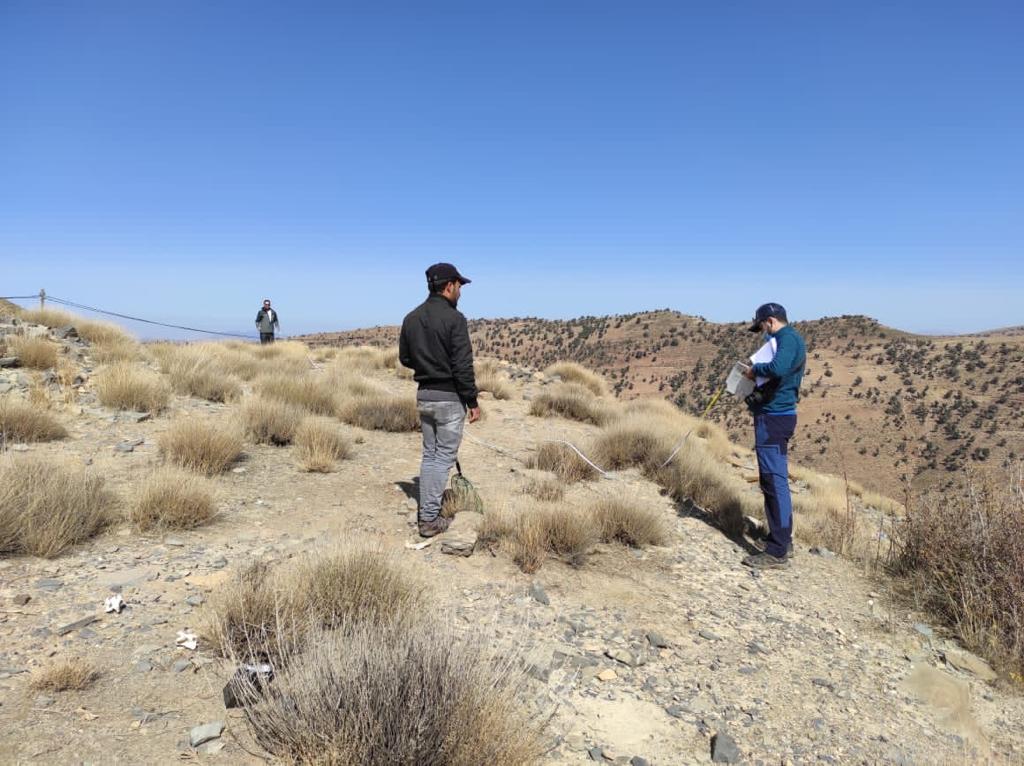 Community researcher Hassan (left front) learning about the transect method, a path along which we count and record every appearance of the species of study. Photo by Saadani, O.
Community researcher Hassan (left front) learning about the transect method, a path along which we count and record every appearance of the species of study. Photo by Saadani, O.